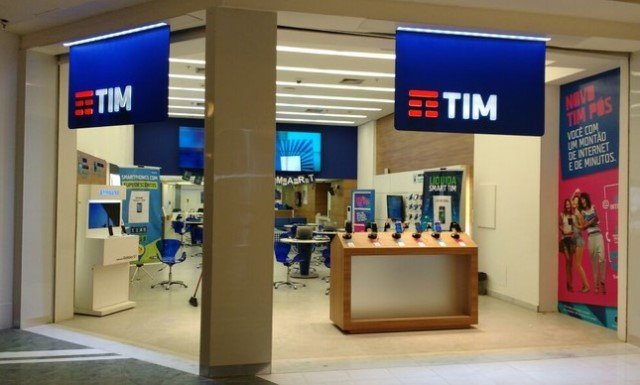Telecom Italia (TIM) has given the green light to the sale of its fixed-line network for €19 billion ($20 billion) to the U.S. private equity firm KKR, marking a historic decision and the first major European telecom group to divest its landline infrastructure, Reuters news report said.
 This landmark deal, endorsed by the conservative administration of Prime Minister Giorgia Meloni, involves a national strategic asset as Italy strives to bridge its digital divide with the European Union.
This landmark deal, endorsed by the conservative administration of Prime Minister Giorgia Meloni, involves a national strategic asset as Italy strives to bridge its digital divide with the European Union.
TIM’s CEO, Pietro Labriola, views this sale as a pivotal step in revitalizing the debt-laden former phone monopoly. The aging network requires substantial investments that TIM is currently unable to afford. The approval process began with a review of KKR’s offer on Friday and extended into Sunday, with 11 directors in favor and three against the sale, according to TIM.
The sale encompasses an €18.8 billion price tag, inclusive of debt, with the potential to reach €22 billion if specific conditions are met. Most notably, this earnout is closely tied to the long-discussed merger of TIM’s infrastructure with that of state-backed fiber optic rival Open Fiber, aimed at creating a unified telecoms network.
TIM anticipates the deal will conclude in the summer of 2024, allowing the group to reduce its financial debt by approximately €14 billion. Additionally, TIM intends to reduce its domestic workforce by half, focusing more on its service operations as it shifts its strategic direction.
To oversee an asset of national strategic significance, the Italian government has granted authorization for the Treasury to invest up to €2.2 billion for a 20 percent stake in the network alongside KKR, which is already a minority investor in the grid. Notably, the Treasury already controls TIM’s second-largest investor, state lender CDP.
TIM has announced that it will not subject the board’s decision to a shareholder vote, which has caused disappointment for leading shareholder Vivendi. Vivendi, holding a 24 percent stake in TIM, has sought a higher sale price and raised concerns about the sustainability of the business left behind. Vivendi has deemed the board’s decision unlawful and has vowed to utilize any legal means at its disposal to challenge it.
Vivendi has argued that an extraordinary shareholder vote was necessary for this sale and sought approval from an internal TIM board committee for related party transactions, considering the Treasury’s dual role as owner of TIM shareholder CDP and an investor in the network.
In addition to the rejection of the sale, TIM has also dismissed an alternative plan proposed in recent weeks by London-based investment firm Merlyn Advisors, which Vivendi had called on the board to evaluate.
The sale of TIM’s fixed-line network to KKR is poised to reshape the telecommunications landscape in Italy and has garnered significant attention from both investors and government stakeholders. The deal underscores the ongoing transformation in the telecommunications sector, reflecting a shift toward modernization and digital infrastructure investments.
